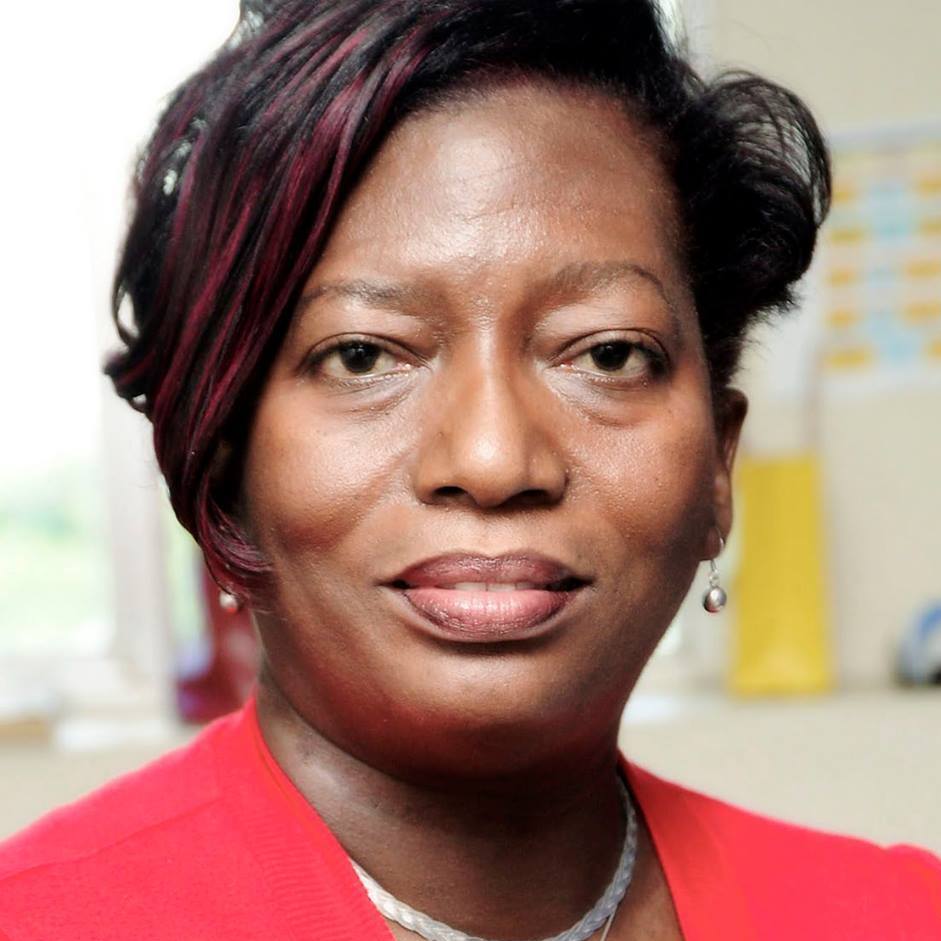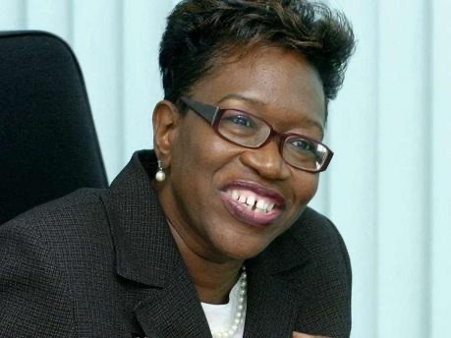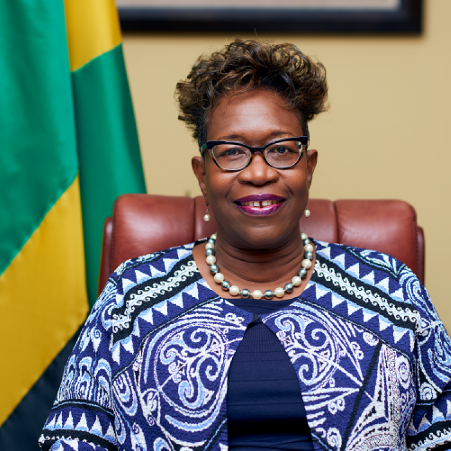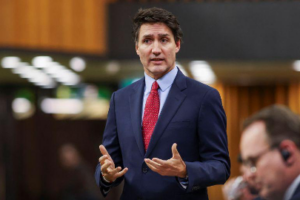
By Jenni Campbell
Contributor
The Office of the Director of Public Prosecution (ODPP) is well accustomed to seasons of discontent, disputes, disruptions, and strong disagreements. It is a place of enormous power, colourful, controversial, and even pompous personalities, and riveting drama.
With the government recently moving to extend the retirement age of the Director of Public Prosecution, along with that of the Auditor General, the ODPP, in particular, is flung into unrestrained unrest.
It is the kind of unbridled khas-khas that is unbefitting of both the office and the holders of the office.
It is crystal clear that the actual extension of the retirement age is not at the heart of the dispute; it is really who will benefit immediately from the second extension since 2020 that is causing some to have sleepless nights.
A band of controversy swirling around the ODPP would not normally be breaking news, but this time, there are the added ingredients of political accusations as well as deeply personal and even spiritual undertones.
Micah 6:8 brings new meaning to this gripping showdown. “He hath shewed thee, O man, what is good; and what doth the Lord require of thee, but to do justly, and to love mercy, and to walk humbly with thy God”.
Whether you are in the justice system, in the private or public sector, or anywhere else, these are righteous rules to follow.
This is especially important for those who hold high office.
The framers of the Jamaican Constitution in 1962 must have been guided by the words of Micah and other men of God as they crafted the nation’s laws. Godly wisdom established the ODPP as a public domain, at the beck and call of no one and free to uphold the dogma and order of the laws of the land.
The ODPP is not swayed by anyone, not even the political directorate, and is free to pursue any matter that breaches this absolute document. The Director of Public Prosecutions (DPP) is the equivalent of a Supreme Court Judge, whose decisions are considered final.
The ODPP is vested with very serious and far-reaching powers. It does not bow to politics, personal ambitions, family connections, links, big business, or any order beyond the Constitution. This highly influential office is blessed with signal authority to institute and undertake criminal proceedings against any person before any court, other than a court-martial, in respect of any offence against the laws of Jamaica.
The DPP is empowered by the Constitution to step in, take over, and continue any criminal case that may have been started by any other person or authority. He or she may also discontinue any criminal case at any stage before judgement is delivered.
The powers conferred upon the DPP are absolute. The holder of the office is expected to be of the highest integrity, well-learned, and not subject to the direction or control of any other person or authority except the Constitution.
The current Director of Public Prosecution, Paula Llewellyn K.C., has firmly and courageously held this office for some 15 years. She is a very charming and effervescent personality with a distinguished legal career. She is well-respected and enjoys a healthy relationship with the press, and is gladly accommodated on a whim.
Her toothy smile is a signature of her flamboyance, as she frequently faces television cameras in her very public efforts to explain case outcomes, tough decisions, and complex court proceedings.
She has had more than a fair share of quarrels with former employees and public spats with erstwhile opponents in the justice sector, but none that has shaken the constitutional framework and divided the country as much as this second push for the extension of her stay by a government believed to be steeped in corruption and at regular odds with the very Constitution she reports to and is tasked to defend.

The sprint to amend the Constitution to keep DPP Llewellyn in the top job is twinned with unprecedented disruption and discontent in her very office.
Only recently an unsigned letter addressed to the Minister of Finance, Nigel Clarke, emerged detailing major disquiet among public prosecutors about their salaries and work arrangements, as well as threatening disruption of the nation’s courts.
The Freedom Come Rain Newspaper reached out to DPP Llewellyn, who was copied on the letter, and she pointed out that things at the ODPP have improved a lot in the 15 years since she has been at the helm.
The letter fingered a revolving door of young attorneys who found the wages unlivable and the workload and general environment untenable. Prosecutors, at different levels employed to the ODPP, persecute thousands of cases in courts across the island.
With Jamaica racking up an average of 1300 murders each year and the majority being unresolved, the public prosecutors have their hands and heads full. Then there are cases involving rape, incest, carnal abuse, robberies, and so many others.
A few days after the FCRN interview, DPP Llewellyn’s office was hit with a sit-in by fuming prosecutors over low wages. This industrial action hampered proceedings in courts islandwide.
DPP Llewellyn, who only days before downplayed the significance of the unsigned letter – was reported to be caught off-guard by the action.
The dispute shook the very foundation of the Constitution and the core of the nation’s justice system, which is inextricably connected to it.
DPP Llewellyn, who quickly moved to defend her staff in the public domain, said their anger could be understood given the poor treatment they received in the just-completed compensation review compared to other groupings, the report said.
The operations at the Court of Appeal, the criminal courts and plea and case management courts in the Supreme Court, the High Court Division of the Gun Court, and the circuit courts in St. James, St. Elizabeth, Clarendon, and St. Catherine were crippled as prosecutors called a meeting to address concerns regarding their “welfare”, well-being, and the way forward.
This major disruption in the balance of justice was followed by a letter to the Prime Minister requesting a halt to the move to extend the retirement age of the DPP and to basically investigate her tenure. This second letter was written by a senior prosecutor in the ODPP and under DPP Llewellyn’s nose.
The DPP wasted no time in responding to the senior prosecutor in a bold, bitter, and no-holes-barred brawl in the public square, which is her familiar territory.
There was no display of justice, love of mercy, or humility from either side of the exchange.
What is left is an untenable mess that threatens the stability of the office, which is still tasked to defend the Constitution.
Things appear to be falling apart fast at the ODPP. Careers and reputations are at stake, and the once-fortified defence line of the Constitution is at risk.
This season of discontent is deeply penetrating, like the unrelenting heatwave.
Both the prosecutors and the persecuted need to step back from this brink.
If illustrious legal careers cannot be salvaged, souls can still be saved.
Since there is no Constitutional authority to dictate to the DPP, we can only hope that she will look to the Judge above every judge. He is the King above all kings and takes counsel from no man. She should begin with His Word, as it is written.
DPP Llewellyn should also immediately apply the Micah standard. It calls for justice, mercy, repentance, love, and humility in the best interest of our country, our Constitution, and the glory of God.
If ever there was a time to listen to the voice of God, DPP Llewellyn, it is now.





